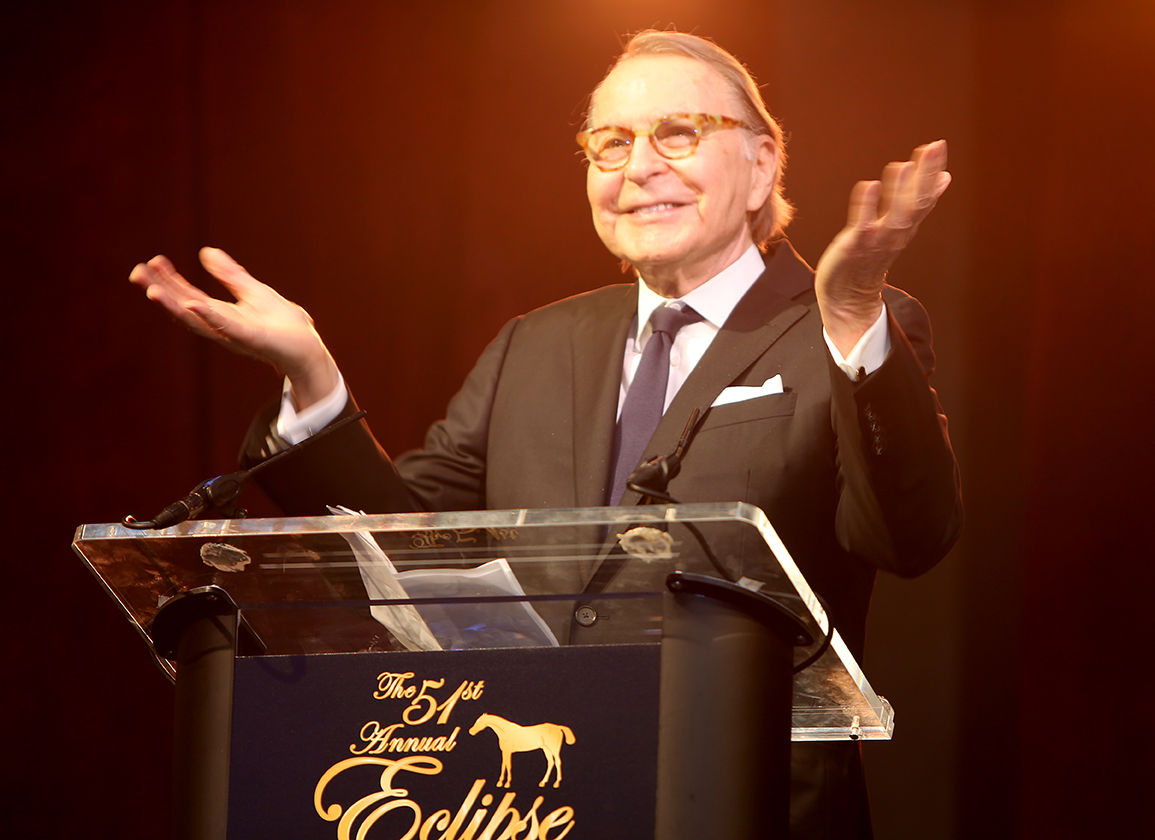By Earle Mack
Throughout the nation, the horse racing industry is under both increased scrutiny and pressure to reduce the number of equine fatalities and breakdowns. While progress has been made at many tracks, in recent years, i.e. Turfway, Woodbine, Golden Gate, and Gulfstream, there is less of a tolerance than ever for equine injuries and fatalities, as doping scandals have marred our most cherished events and as advocates and animal rights groups such as PETA have gained momentum.
Horse racing is under real pressure to enhance safety, with many critics seeking to outright abolish the sport. But it would be a mistake to believe that this conversation is limited to traditional critics or fringe voices. The attacks on our sport are gaining wider support and becoming more strategic. In October 2021, the San Diego Democratic Party passed a resolution calling to ban gambling on state-sponsored horse races in California. The group said they have both a moral and financial obligation to phase it out. Just weeks ago in New York, horse racing opponents in the state legislature challenged the economic benefits of the industry and proposed ending critical state subsidies. Understand, their goal is to eliminate the sport, not through an outright ban but by starving it of revenues.
Our industry has taken steps toward better regulation through the adoption of such initiatives as the Horse Racing Integrity and Safety Act, but high-profile scandals and equine deaths remain weekly headlines. As we have witnessed in these turbulent times, the pace of change in our world is accelerating, not just technologically, but socially. The world can and does literally change overnight. Dating back to the colonial era, horse racing, America's oldest sport, is more at risk than ever of being relegated to the dustbin of history.
It is time for bold action to address horse safety. It is long overdue. And why shouldn't we do what we can to secure the health and safety of the horses we love; that touch our very soul. It is time we implemented a program to transition dirt tracks to safer synthetic surfaces. Synthetic tracks are indisputably safer and yet instead of growing in use, they have been phased out over recent years. Del Mar, Keeneland and Santa Anita, early adopters of synthetic surfaces, have all converted back to dirt and since then have all experienced a rise in equine injuries.
Industry leaders must make this a priority. If we don't get our head out of the sand and take action, I fear the end of our sport. Ironically, COVID and the complete shutdown of almost all sports for a period of time gave our industry an opportunity to shine. Sports fans old and new, locked down at home, found refuge in horse racing, engaging more tracks here at home and around the world. The fact is with the wide adoption of mobile betting, our industry is poised for an economic and popular renaissance. Horse racing and its wide availability is becoming an essential part of the offerings that sustain mobile betting. Industry leaders are increasingly integrating horse racing into their mobile sports betting platforms. It is the future of our sport, but to realize this revival we must first save it.
Which brings us to our logical conclusion. Churchill Downs Incorporated, a publicly traded company that in addition to owning Churchill Downs and the Kentucky Derby, also owns multiple tracks, including Fair Grounds and Turfway Park, as well as several casinos, and TwinSpires, a leading mobile betting app. TwinSpires players in some jurisdictions are able to bet on professional sports, including the NBA, NFL, MLB, NHL and PGA, as well as collegiate sports and events from around the world–as well as horse racing. Churchill Downs Inc.–listed on the New York Stock Exchange–relies upon the content generated by a healthy racing industry and as such their board of directors and officers must recognize their responsibility to take the lead in advancing this cause and the overall cause of horse safety. This is not some altruistic plea. Churchill Downs's shareholders have the most to gain and everything to lose.
Kentucky is the economic and emotional epicenter of horse racing in America. Its legendary farms and breeders are a part of the folklore of our sport. The Kentucky Derby is the most famous and important horse race in the world. But there is a long-held cultural and business resistance to synthetic tracks in Kentucky. It makes sense. Like agriculture, the sport of horse racing is elementally tied to the earth. For a sport as old as America, steeped in our agrarian roots and rich in history and tradition, it is easy to understand why change is difficult. But change we must, and Churchill Downs Corporation, an entity synonymous with the most glorious of horse racing traditions, must lead the way. We're the King of Sports. Let's keep it that way.
Not a subscriber? Click here to sign up for the daily PDF or alerts.






